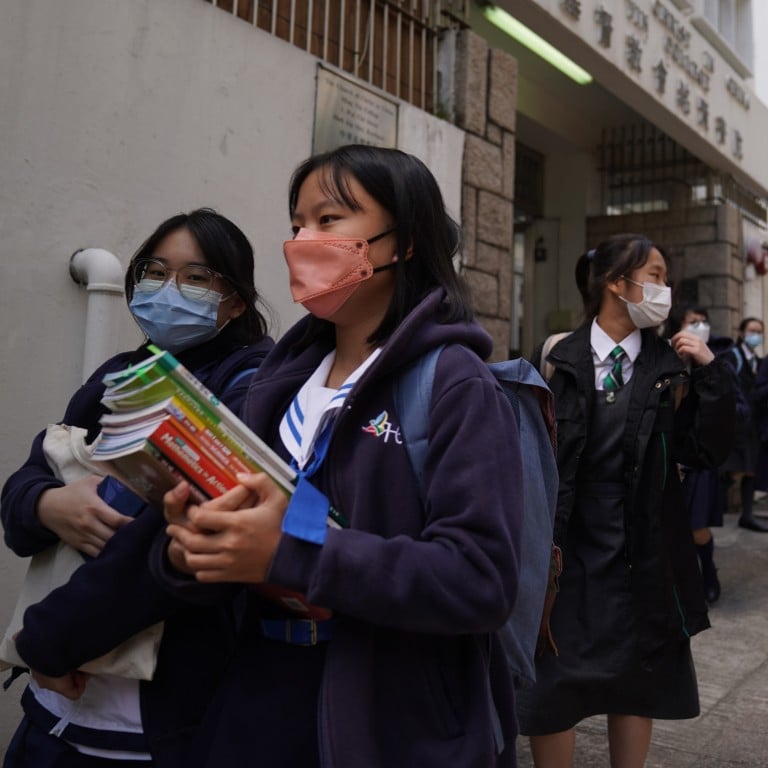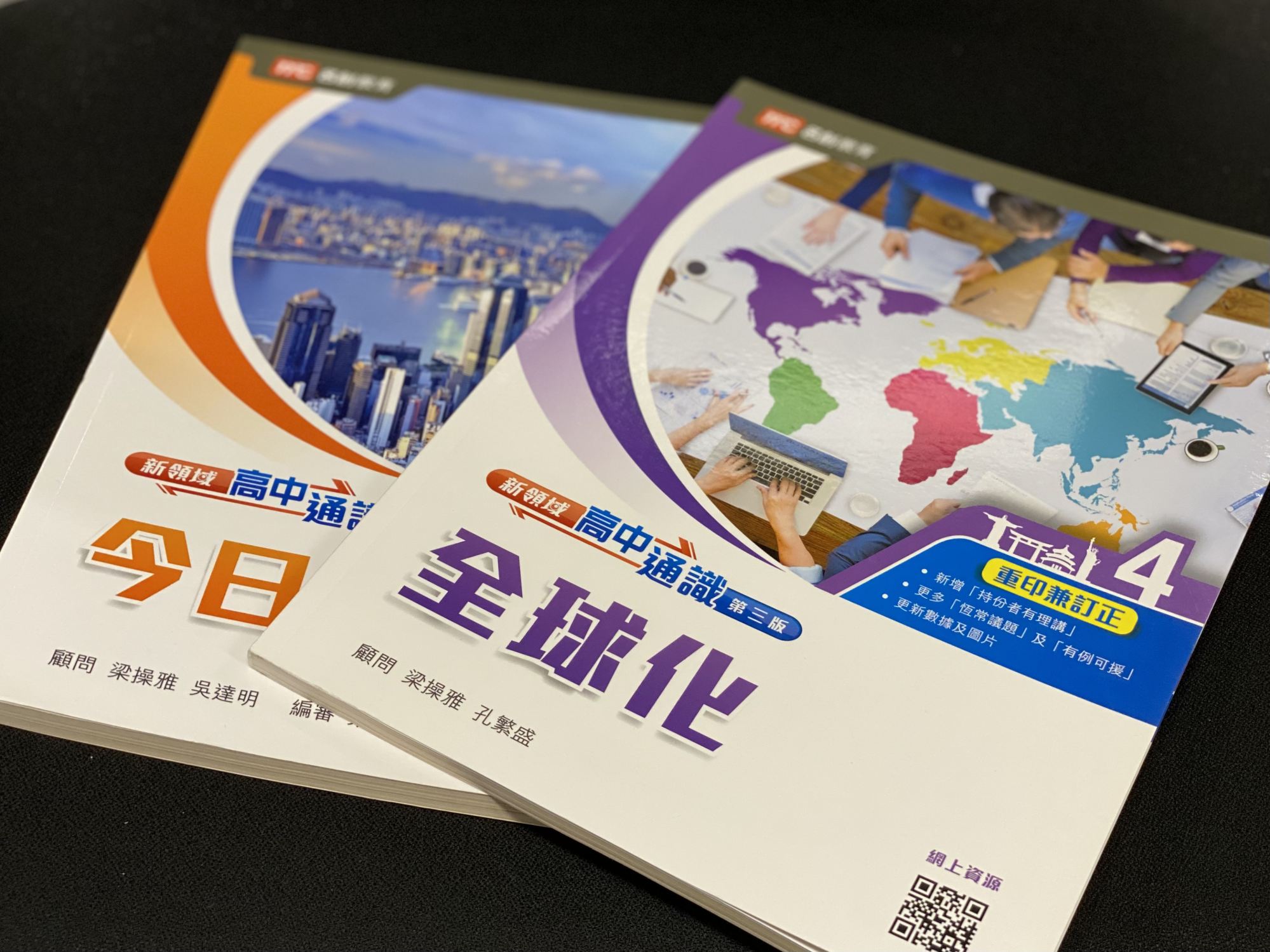
International universities may not automatically recognise Hong Kong’s new core subject which replaces liberal studies
- Overseas universities yet to determine if entrance requirements will be changed
- Examination authorities communicating with non-local institutions and consulates
Hong Kong’s revamped liberal studies subject might not be automatically recognised by overseas universities with some leading institutions saying they would need time to consider their decision, the Post has found.
The first cohort of pupils studying the new core subject – citizenship and social development – will sit the university entrance exams in 2024. The Hong Kong examination authorities said they had been communicating with non-local institutions and consulates on the relevant changes.

Local and overseas universities recognised the core DSE subjects liberal studies, mathematics, Chinese and English language before the revamp.
The current Form Five students are the first batch studying the new subject since last September and will sit the university entrance exam – Diploma of Secondary Education (HKDSE) – in 2024, and candidates generally need to apply for overseas institutions 12 months ahead of the first academic year.
Hong Kong Examinations and Assessment Authority (HKEAA) said on its webpage that 300 overseas tertiary institutions had indicated their acceptance of students with DSE qualifications.
Of which, 65 institutions previously stipulated that applicants should secure a pass or attain at least level three in liberal studies in the seven-level grading scale as one of the entrance requirements, according to the Post’s analysis.
The Post has posed questions to 30 of the universities which have rankings in one of the major leagues compiled by Britain-based education information firm Quacquarelli Symond on whether they would still consider the new subject as one of the requirements and 10 varsities replied.
None of them said they would take the new subject as the equivalent of liberal studies, which was graded according to the seven-point grading system of DSE. But the new subject would only have two grades “attained” or “not attained”.
Liberal studies had ‘deviated’ from educational principles, Carrie Lam says
A spokesman for the University of Aberdeen confirmed to the Post that they have been notified of the subject changes by the Education Bureau.
“We will take this into consideration when reviewing our requirements for 2024 entry and beyond,” he said.
A spokeswoman for the SOAS University of London said they would review all entry requirements at the start of each academic year.
“We’ll be considering this [the new subject] and whether any amendments need to be made,” she said.
Other universities in Britain also said they reviewed the entry requirements annually and would finalise the decision before the start of the new academic year, including Lancaster University, University of Central Lancashire and Loughborough University.
“We are aware of recent changes to the core subject’s curriculum, and are determining if and how these changes may impact the admissions process,” he said.
A spokesman of the University of Waterloo said international admission requirements were reviewed and updated annually.
Hong Kong to rename liberal studies, require students visit mainland China
In Australia, a spokesman for the James Cook University said they would make changes to entry requirements which were in line with benchmarks set by the relevant authorities, which had yet to provide any recommendations.
A spokeswoman for the University of Wollongong’s admissions said guidelines were routinely reviewed and modified to reflect changes. Requirements for Hong Kong students had not been finalised, she added.
In the United States, a spokeswoman said Iowa State University planned to review the requirements in the coming year, but no decision had been made at this time.
In Japan, a spokesman for the International Christian University said it planned to reflect its decision in the admissions guide which would be published next June.
Dion Chen, chairman of the Hong Kong Direct Subsidy Scheme Schools Council, called on education authorities to clarify the matter with overseas institutions as soon as possible.
“It takes time for students to apply for overseas universities. It’s better to have it settled so the students can get the process started earlier,” he said.
It was too early to say whether the overseas institutions would take any political factors into account when assessing the qualification of the revamped subject, Chen said.
A spokeswoman for the local exam authorities said: “The HKEAA has been communicating with the non-local institutions and consulates-general in Hong Kong on the latest development of the HKDSE and invited institutions to review and update their general admission requirements for candidates as appropriate.”

